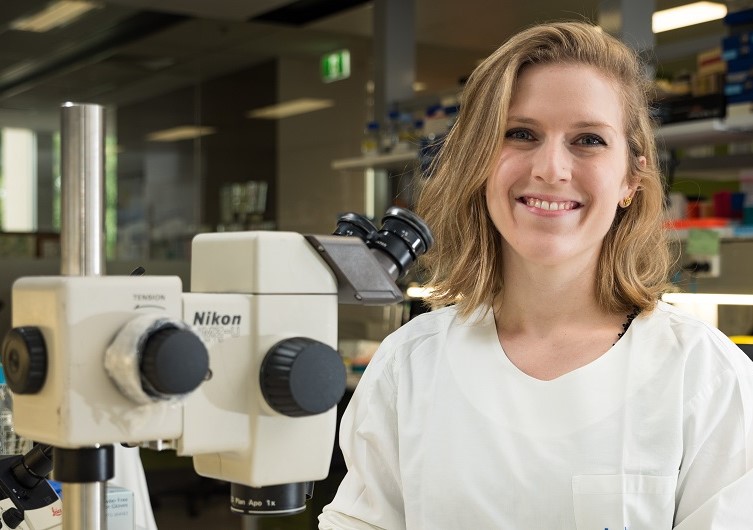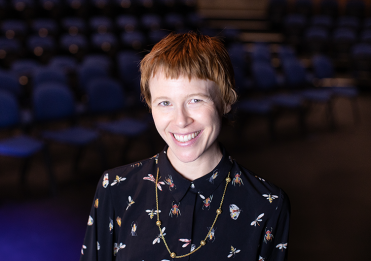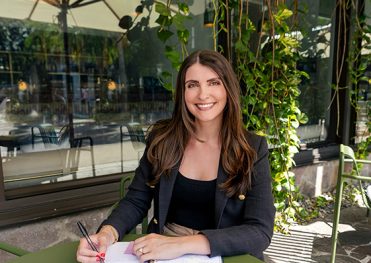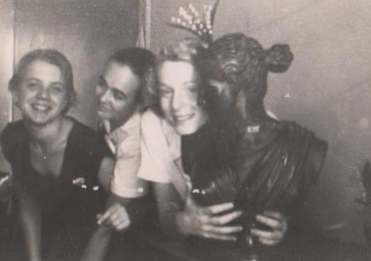Alumnae story
Dr Laura Fenlon
‘I really enjoyed my Girls Grammar experience. I didn’t do a lot of co-curricular activities and can remember getting to Year 12 without any pockets on my blazer. At the time, I felt like I might have missed out by not getting more involved but, in retrospect, I put everything into my classes and really loved learning.’
Laura’s deep interest in learning developed into a passion for science and research.
‘My involvement in science was a slow burn. I was always very interested in puzzles, brain teasers and ‘solving’. My interest grew stronger in secondary school through studying biology and chemistry. I realised you could take natural phenomena and find and solve rules that govern them—it seemed like the ultimate puzzle.’
Laura says unexpected events set her on a path to reimagine her meticulously planned tertiary experience.
‘It was always my intention to study medicine, primarily because I was headed towards an OP1 and loved science. However, I became very ill in Year 11 and missed a lot of school. I also missed the undergraduate test for medical admissions that fast-tracked entry to study medicine. So, after high school, I accepted a place to study for a Bachelor of Science. By doing so, it allowed me to sit for the Graduate Medical School Admissions Test (GAMSAT) a year later. I sat the test and was offered a place to study Medicine at UQ. I should have been thrilled, but, in a completely unexpected turn of events, I had an existential crisis that caused me to truly question my expected career path. As a result, I turned down my place to study medicine and was lucky to have exceptionally loving and understanding parents who supported and trusted my decision.
‘A Masters of Neuroscience course had just opened up, so I decided to do that. I loved it, so I stayed and did a PhD. Now, I get to work on, and solve, puzzles of the brain every day. And those moments of looking down a microscope and seeing the evidence of a discovery, or new information that confirms your hypothesis, are absolutely the best.
‘The brain is so complex, and there are seemingly very basic things about it that we have no idea about—that enduring mystery and the fact that there is so much scope for solving puzzles are some of the most exciting things about what I do.’
Since leaving Girls Grammar in 2007, Laura has attained a Bachelor of Science, a Masters of Neuroscience and a Doctor of Philosophy from UQ. Today, she is a Group Leader and National Health and Medical Research Council (NHMRC) Emerging Leader Fellow, based at UQ. Her research provides new insights into developmental disorders, including autism and schizophrenia. Laura has collected numerous awards for her work including the prestigious Krieg Cortical Kudos Scholar Award (2016) from one of the world’s oldest neuroscience societies, The Cajal Club, and was named a 2019 Queensland Young Tall Poppy Science Award winner by the Australian Institute of Policy and Science.
For more BGGS articles and alumnae stories, please read the latest issue of Gazette.

Dr Laura Fenlon




